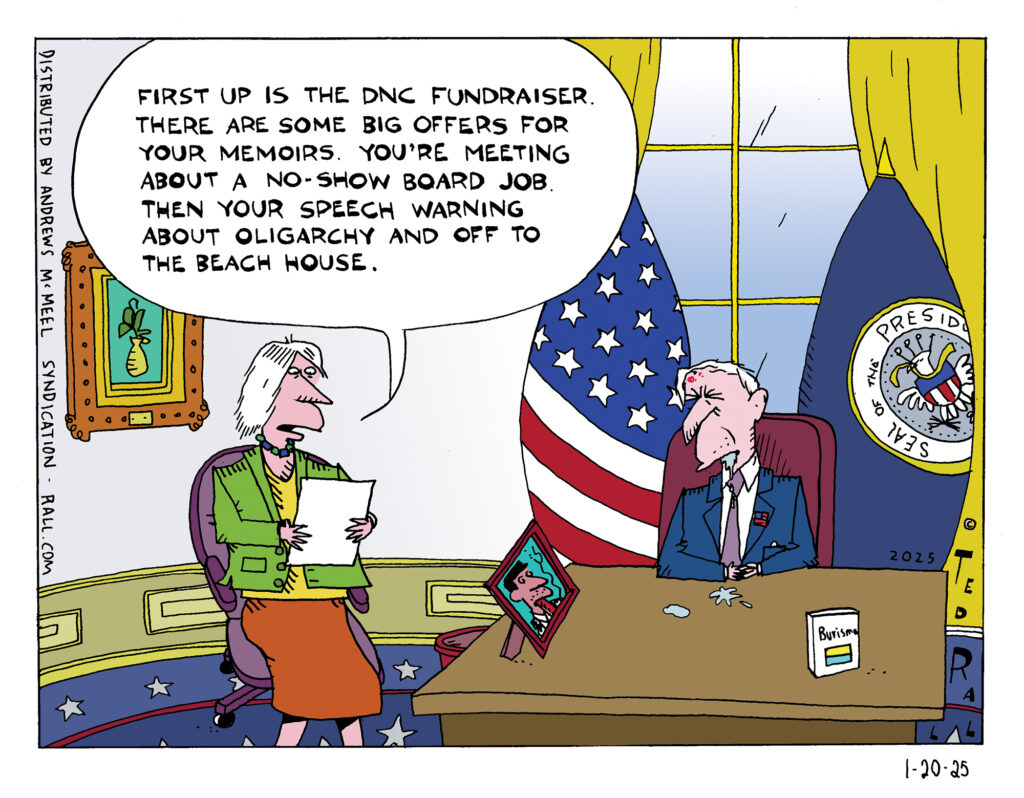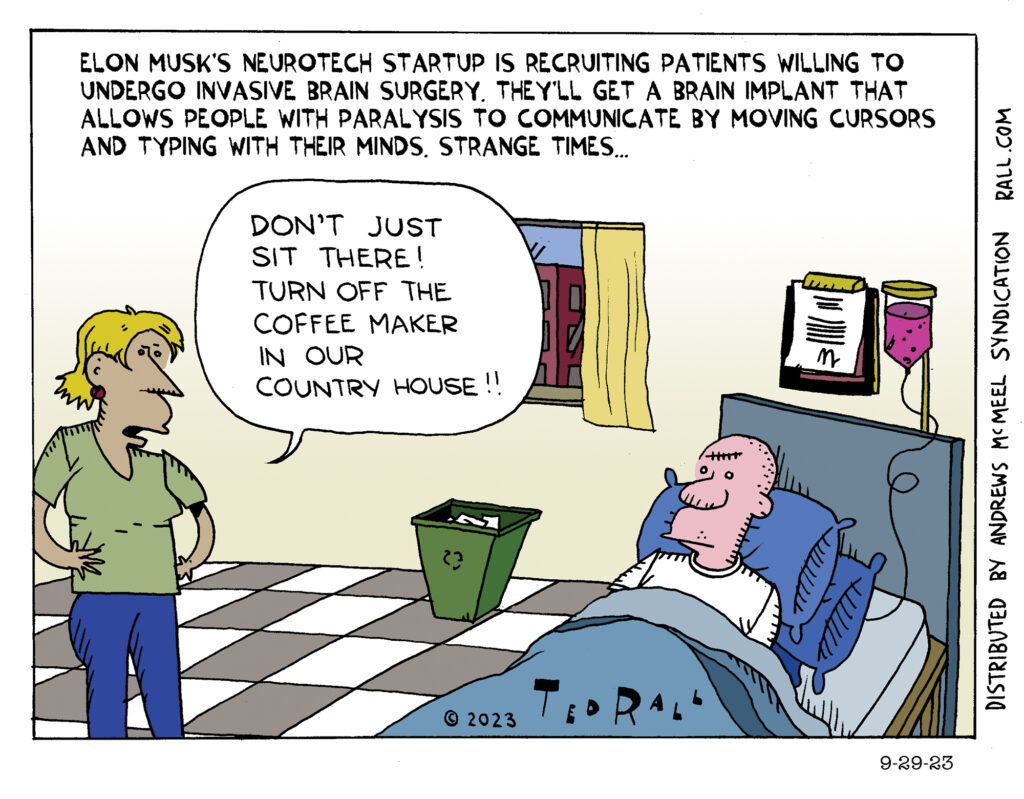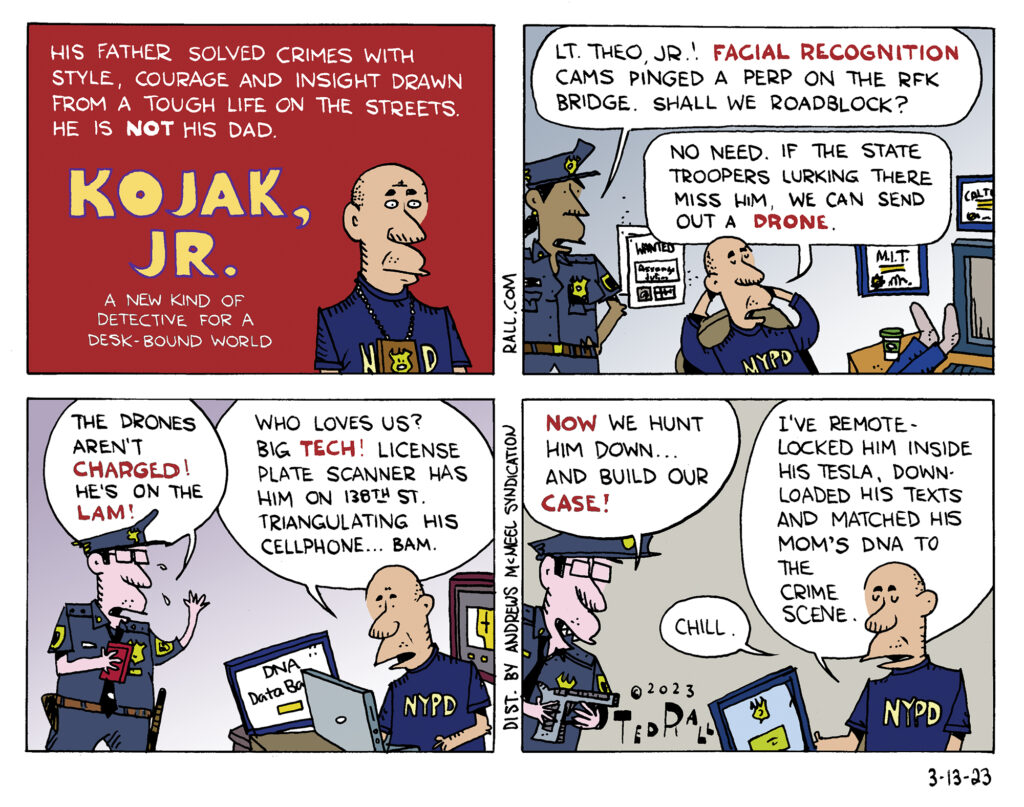Echoing Dwight Eisenhower’s farewell speech in 1961, outgoing President Joe Biden issued a goodbye address that called for Americans to be concerned about a tech industrial complex and the threat of rising oligarchy to democracy. Biden himself, of course, is Exhibit A in the corrupting influences of big money.
TMI Show Ep 53: “Facebook: Now with 40% Less Censorship”
LIVE at 10 am Eastern time today and STREAMING whenever:
Never embarrassed to be seen blowing with the political winds, Facebook CEO Mark Zuckerberg spent the last four years leading Silicon Valley’s censorship-industrial complex. Facebook openly admitted throttling all political content on the grounds that users didn’t like it. It hired an advisory panel with clear ideological blind spots. Most notoriously, Facebook turned to outsourced fact checkers who decide whether or not posts get blocked and users get banned even though they rarely had any expertise in the controversies they were asked to weigh in on, and made frequent mistakes. Now, at least, Zuckerberg says the fact checkers are no more.
Co-hosts Ted Rall and Manila Chan are joined by guest Peter Coffin to ask: is Facebook really entering the Free Speech Zone? If so, how long will it last in the second age of Trump?
TMI Show Ep 50: “How H1Bs Are Screwing India Too”
We’ve been talking about the H1B visa controversy and how it may be affecting tech workers in the US, where the H1B program has prompted a 5% decline in computer science majors. Today we’re flipping the script to consider the issue from the other side: India, which supplies the vast majority of H1B visa workers to the US. Indian tech sector leaders are concerned that the program is poaching some of their best coders and developers, creating a neo-imperialist brain drain from India and other tech centers.
“The TMI Show” explores the other side of the H1B visa issue from the other side of the world with co-hosts Ted Rall and Manila Chan and guest V K Samhith, independent game developer and the founder of BornMonkie.
The TMI Show Ep 13: An Election Day Interview with Presidential Candidate Dr. Shiva
Co-hosts Ted Rall and Manila Chan preview the state of the key races for control of the House of Representatives and the U.S. Senate, and bring you a very spicy Election Day interview with Dr. Shiva Ayyadurai, who claims to be the Inventor of Email and is running for President of the United States, Dr. Shiva holds four degrees from MIT, was a Fulbright Scholar, and started seven hi-tech companies, including EchoMail, CytoSolve and Systems Health. He is currently the Founder and CEO of CytoSolve, Inc.
In the headlines: Ukrainian forces in Russia claim to be fighting North Korean troops. Boeing’s strike is over. The founder of Home Depot has died. And Much More!
Keywords: Dr. Shiva Ayyadurai, 2024 presidential campaign, 2024 election, Election Day, interview, North Korea, Russia, technology, email, House, Senate, House races, Senate Races
We Need a Universal High Income
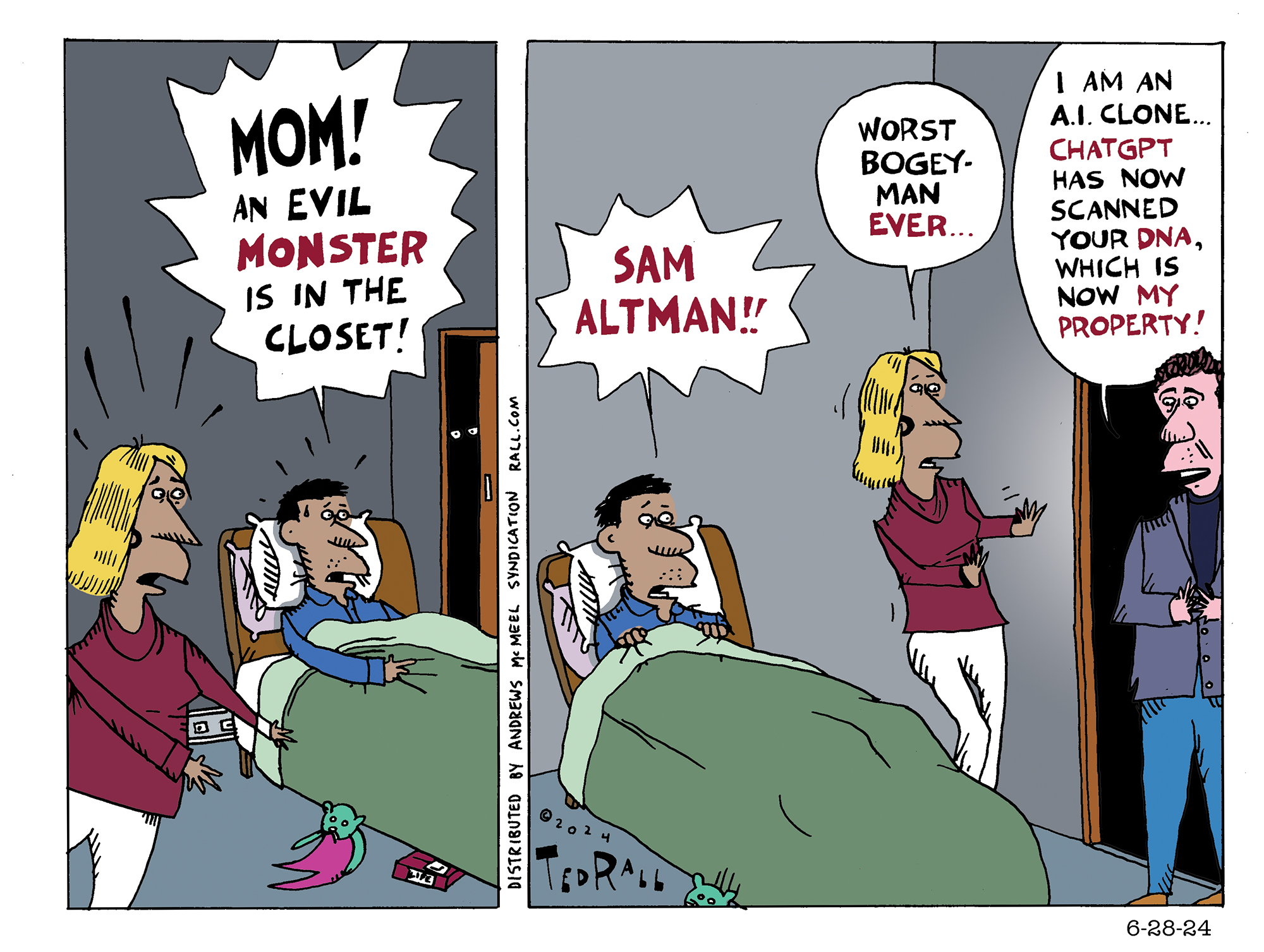 “Get a job!” That’s the clichéd response to panhandlers and anyone else who complains of being broke. But what if you can’t?
“Get a job!” That’s the clichéd response to panhandlers and anyone else who complains of being broke. But what if you can’t?
That dilemma is the crux of an evolving silent crisis that threatens to undermine the foundation of the American economic model.
Two-thirds of gross domestic product, most of the economy, is fueled by personal consumer spending. Most spending is sourced from personal income, overwhelmingly from salaries paid by employers. But employers will need fewer and fewer employees.
You don’t need a business degree to understand the nature of the doom loop. A smaller labor force earns a smaller national income and spends less. As demand shrinks, companies lay off many of their remaining workers, who themselves spend less, on and on until we’re all in bread lines.
Assuming there are any charities collecting enough donations to pay for the bread.
The workforce participation rate has already been shrinking for more than two decades, forcing fewer workers to pay higher taxes. It’s about to get much worse.
Workers are already being replaced by robotics, artificial intelligence and other forms of automation. Estimates vary about how many and how quickly these technologies will kill American jobs as they scale and become widely accepted, but there’s no doubt the effects will be huge and that we will see them sooner rather than later. A report by MIT and Boston University finds that two million manufacturing jobs will disappear within the coming year; Freethink sounds the death knell for 65% of retail gigs in the same startlingly short time span. A different MIT study predicts that “only 23%” of current worker wages will be replaced by automation, but it won’t happen immediately “because of the large upfront costs of AI systems.” Disruptive technologies like A.I. will create new jobs. Overall, however, McKinsey consulting group believes that 12 million Americans will be kicked off their payrolls by 2030.
“Probably none of us will have a job,” Elon Musk said earlier this year. “If you want to do a job that’s kinda like a hobby, you can do a job. But otherwise, A.I. and the robots will provide any goods and services that you want.”
For this to work, Musk observed, idled workers would have to be paid a “universal high income”—the equivalent of a full-time salary, but to stay at home. This is not to be conflated with the “universal basic income” touted by people like Andrew Yang, which is a nominal annual government subsidy, not enough to pay all your expenses.
“It will be an age of abundance,” Musk predicts.
The history of technological progress suggests otherwise. From the construction of bridges across the Thames during the late 18th and early 19th centuries that sidelined London’s wherry men who ferried passengers and goods, to the deindustrialization of the Midwest that has left the heartland of the United States with boarded-up houses and an epic opioid crisis, to Uber and Lyft’s solution to a non-existent problem that now has yellow-taxi drivers committing suicide, ruling-class political and business elites rarely worry about the people who lose their livelihoods to “creative destruction.”
Whether you’re a 55-year-old wherry man or cabbie or accountant who loses your job through no fault of your own other than having the bad luck to be born at a time of dramatic change in the workplace, you always get the same advice. Pay to retrain in another field—hopefully you have savings to pay for it, hopefully your new profession doesn’t become obsolete too! “Embrace a growth mindset.” Whatever that means. Use new tech to help you with your current occupation—until your boss figures out what you’re up to and decides to make do with just the machine.
Look at it from their—the boss’s—perspective. Costs are down, profits are up. They don’t know you, they don’t care about you, guilt isn’t a thing for them. What’s not to like about the robotics revolution?
Those profits, however, belong to us at least as much as they do to “them”—employers, bosses, stockholders. Artificial intelligence and robots are not magic; they were not conjured up from thin air. These technologies were created and developed by human beings on the backs of hundreds of millions of American workers in legacy and now-moribund industries. If the wealthy winners of this latest tech revolution are too short-sighted and cruel to share the abundance with their fellow citizens—if for no better reason than to save their skins from a future violent uprising and their portfolios from disaster when our consumerism-based economy comes crashing down—we should force them to do so.
(Ted Rall (Twitter: @tedrall), the political cartoonist, columnist and graphic novelist, co-hosts the left-vs-right DMZ America podcast with fellow cartoonist Scott Stantis. His latest book, brand-new right now, is the graphic novel 2024: Revisited.)
Silent Spring Has Arrived
Numerous studies are now documenting how natural soundscapes are changing, being disrupted and falling silent. A 2021 study in the journal Nature of 200,000 sites across North America and Europe found “pervasive loss of acoustic diversity and intensity of soundscapes across both continents over the past 25 years, driven by changes in species richness and abundance.” There’s an app for that.
The Right To Be Wrong
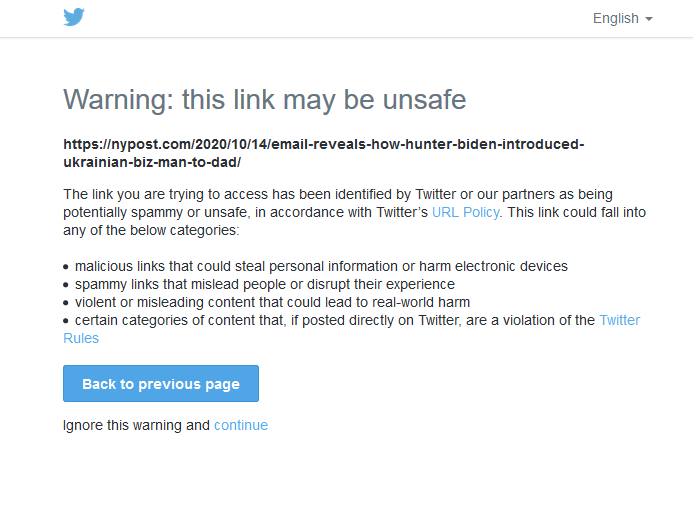
Many medical experts and journalists believe that Robert F. Kennedy, Jr. is wrong about vaccines. They say that Kennedy, a candidate for the 2024 Democratic nomination for president, wrongly says that COVID-19 vaccines are ineffective and incorrectly validates assertions that childhood vaccinations can cause autism.
Many people, all of whom are pro-Biden Democrats, say that RFK Jr.’s opinions are so dangerous as to automatically preempt anything else he has to say about any other issue. They say that society would benefit if he were to shut up. They say that he should not be given a public platform, that he should be silenced, that we should not hear him because we might believe him and that could cause terrible harm.
Even his family is telling him to STFU.
As a long-time non-epidemiologist with no medical education, I don’t know who is right. However, I do know this: anyone who thinks they have the right to decide what information I get to hear or who I get to hear it from can go to hell.
Let us stipulate, for the sake of argument, that these journalists and doctors, none of whom I have met or know anything about, have no bias and no axe to grind, that they care about the well-being of all humans, especially me. Let us further stipulate that they are 100% right and that RFK Jr. is 100% wrong. Let’s even pretend that these folks have never “debunked” “conspiracies” that turned out to be true or promoted conspiracies as though they weren’t lies.
Even so: I demand the right to hear from him if I so choose. RFK Jr. has the right to be terribly, dangerously wrong, l have the right to listen to his stupid incorrect rants in which he gets absolutely nothing right, and I have the right to be deceived into believing things that are stupid, false and even dangerous if I so choose.
My brain, my choice.
Not according to the elites, however. They think they’re smarter than you and me. That we should listen to them. That those who disagree with them should be shut down.
The Biden Administration came under fire in 2022 when its Department of Homeland Security, a government entity with a fascist name, rolled out its Orwellian Disinformation Governance Board whose stated goal was to “coordinate countering misinformation related to homeland security.”
The DGB was killed, but censorship efforts with a Father Knows Best spin have proliferated in recent years, mostly from Democratic-leaning institutions. Newspapers and other media outlets rolled out fact-checking websites and chronicled lists of the president’s purported lies, the latter beginning and ending when the president was named Trump. The FBI and other three-letter agencies told social media companies which posts to throttle or kill and handed them lists of accounts that should be shut down. At least one company, with deep ties to covert intelligence agencies, purports to tell you which news outlets you can trust. The war between Russia and Ukraine prompted the Apple and Google app stores to deplatform Russian state media outlets.
The push to characterize news and opinions that deviate from a “mainstream,” i.e. corporatist, narrative hit full steam during the pandemic. Government and media partnered against what they called misinformation and disinformation (others’, never their own). Their obsessive efforts to marginalize and hobble RFK Jr.’s candidacy and access to the information space is a continuation of the COVID information war.
Mis- and disinformation are real and they have real-world impacts that ought not to be minimized. The bizarre QAnon conspiracy game/cult has contributed to or caused, among other events, the hammer attack against Paul Pelosi, a coup attempt against the German government, death threats and mass shootings, not to mention January 6th. Lies can be dangerous, whether they originate from the podium at the United Nations or an wacky underground cell.
Censorship is an understandable impulse. As a cure, however, it’s worse than the disease. Citizens forced to navigate a world where they know that many things are not as they seem on their face learn to hone the critical thinking skills that tell them not to click on the link in a phishing email and to question whether an especially ridiculous political attack may be a deep fake. No matter how benevolent and adept a government can be—and ours is neither—the collective BS detector of 330 million Americans is likelier to identify and debunk the cleverest act of disinformation than an agency of bureaucrats. If the government and its media allies get their way, we’ll trust them to suss out what’s true and what’s false and, of course, set the stage for them abusing our gullibility. And they’ll do it on a far grander scale than QAnon.
Besides, taboo and forbidden material is inherently more attractive than stuff that’s freely available. From pornography to Cuban cigars to the dark web, nothing is more enticing than something that’s hard to access. If the powers that be don’t want us to hear from RFK Jr., many voters are thinking, then I really want to find out what he’s about. The DNC and the New York Times have no business telling me I’m too dumb to assess his statements about COVID, Israel or anything else.
My brain, right or wrong!
(Ted Rall (Twitter: @tedrall), the political cartoonist, columnist and graphic novelist, co-hosts the left-vs-right DMZ America podcast with fellow cartoonist Scott Stantis. You can support Ted’s hard-hitting political cartoons and columns and see his work first by sponsoring his work on Patreon.)
Corporate Journalists are Blind to a Big COVID Lesson
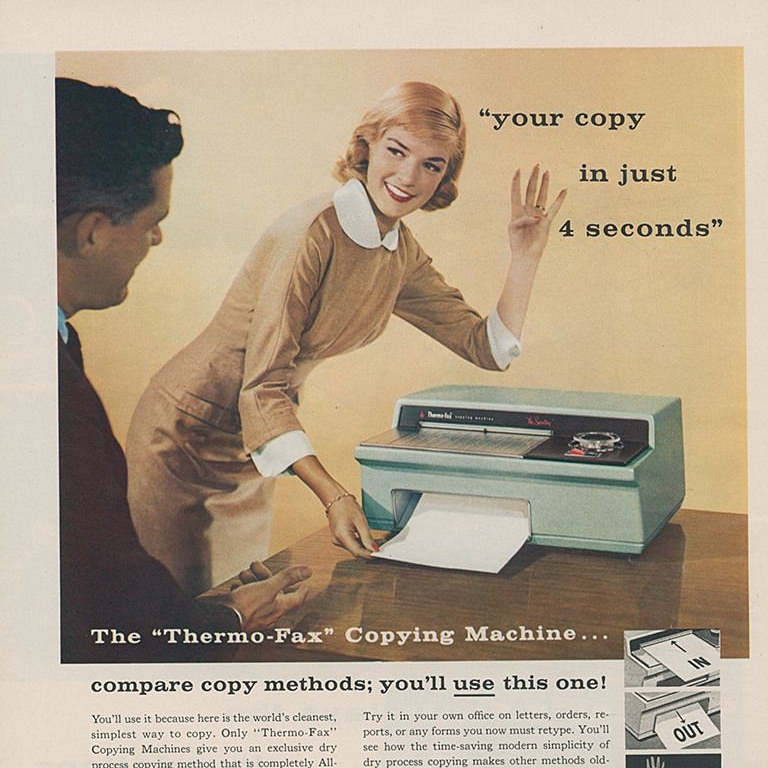
One of my complaints about mainstream media is that they recruit reporters from inside the establishment—Ivy League colleges, expensive graduate journalism programs, rival outlets with similar hiring practices. Some staffs develop admirable levels of gender and racial diversity. But they all come from the same elite class. Rich kids believe in the system and they accept its basic assumptions.
On New Year’s Day a reporter (UPenn and Oxford, of course) published a solid piece for The Washington Post about an important issue, how America’s “fractured healthcare system” hurts our response to COVID-19. Seeking to answer the question of why the pandemic is still going on after the miraculously rapid development and distribution of vaccines, the Post identified organizational shortcomings as part of the problem, citing the need for “improvements on the delivery side.” She quoted an expert who called for “increasing staffing and funding for local health departments, many of which have been running on a shoestring. Officials in some local health departments still transfer data by fax.” Both true. I’ve been asked to fax my records recently.
But.
Nowhere in the Post piece was there any mention of what the United States is missing that most other countries in the world are not: a unified national healthcare system like the United Kingdom’s NHS.
I’m not talking here about fully-socialized medicine or a single-payer Medicare For All system like the one championed by Bernie Sanders, although I strongly believe Americans need and deserve one. This isn’t about who pays for healthcare (though it should obviously be covered 100% by the government).
It’s about data integration.
In the same way that law-enforcement agencies across the country can access criminal records from other jurisdictions via the FBI’s National Data Exchange system, public-health officials need access to a real-time, constantly-updated source of every report of disease whether it’s known or novel, the visit was paid for in cash by the patient or covered by insurance, or it was diagnosed by a country doctor, walk-in urgent-care center or a giant urban hospital system.
A fully-integrated national healthcare database would be a powerful side benefit of a national healthcare system like Medicare For All. But how likely is Bernie Sanders’ pet project to cross the mind of a writer who graduated from UPenn and Oxford and has a gold health insurance plan provided by her employer, who is Jeff Bezos?
Here in America, the nation’s top epidemiologists at the Centers for Disease Control are flying blind, relying on algorithmic models that estimate what’s going on rather than providing accurate, precise situational awareness.
I tested positive for COVID-19 on December 30. I notified my doctor’s office on January 1 but due to the holiday didn’t hear back until January 3. Will New York City authorities and/or the CDC be notified about my case and, if so, when?
Several friends and friends of friends also tested positive during the Omicron surge using home tests. Many, probably most, didn’t tell their doctor. You have to assume that official numbers for Omicron have been significantly underreported.
If we had a national healthcare system instead of a medical Wild West in which the ailing are jostling against each other fighting over $24 testing kits like shoppers rushing into Best Buy on Black Friday, testing would be handled through clinics and doctor’s offices in coordination with the federal government—which would instantly compile the results.
A national healthcare database could include “visualization tools to graphically depict associations between people, places, things, and events either on a link-analysis chart or on a map. For ongoing investigations, the subscription and notification feature automatically notifies analysts if other users are searching for the same criteria or if a new record concerning their investigation is added to the system… [allowing] analysts to work with other analysts across the nation in a collaborative environment that instantly and securely shares pertinent information.”
I lifted that last quote from an FBI description of their police database. Crime, by the way, kills a small fraction of the number of Americans who die from disease.
HIPAA regulations governing patient records would need to be modified by Congress, but consider the potentially lifesaving benefits even when there is no longer a pandemic. Medical errors are the third leading cause of death in the United States.
Decentralized recordkeeping is a public-health disaster. If you live in Wyoming, there is no good reason that your healthcare records shouldn’t be accessible to first responders driving the ambulance that responds to a call that you collapsed and are unconscious at a mall in Florida. As soon as you are identified—something that could be facilitated by a national healthcare ID card that you carry in your wallet or as an app on your smartphone—EMS workers could use your patient history to identify chronic problems. They could avoid a medication to which you might be allergic or feel confident in administering one thanks to the knowledge that you are not.
I didn’t go to UPenn and Oxford. As an independent writer, I pay my own health insurance. I am reminded of America’s crappy healthcare system every time I pay my ACA bill and every time I cough up a co-pay. Newspapers like the Post may or may not need me. But they definitely need people like me if they want to relate to the readers they’re trying to serve.
(Ted Rall (Twitter: @tedrall), the political cartoonist, columnist and graphic novelist, is the author of a new graphic novel about a journalist gone bad, “The Stringer.” Order one today. You can support Ted’s hard-hitting political cartoons and columns and see his work first by sponsoring his work on Patreon.)

